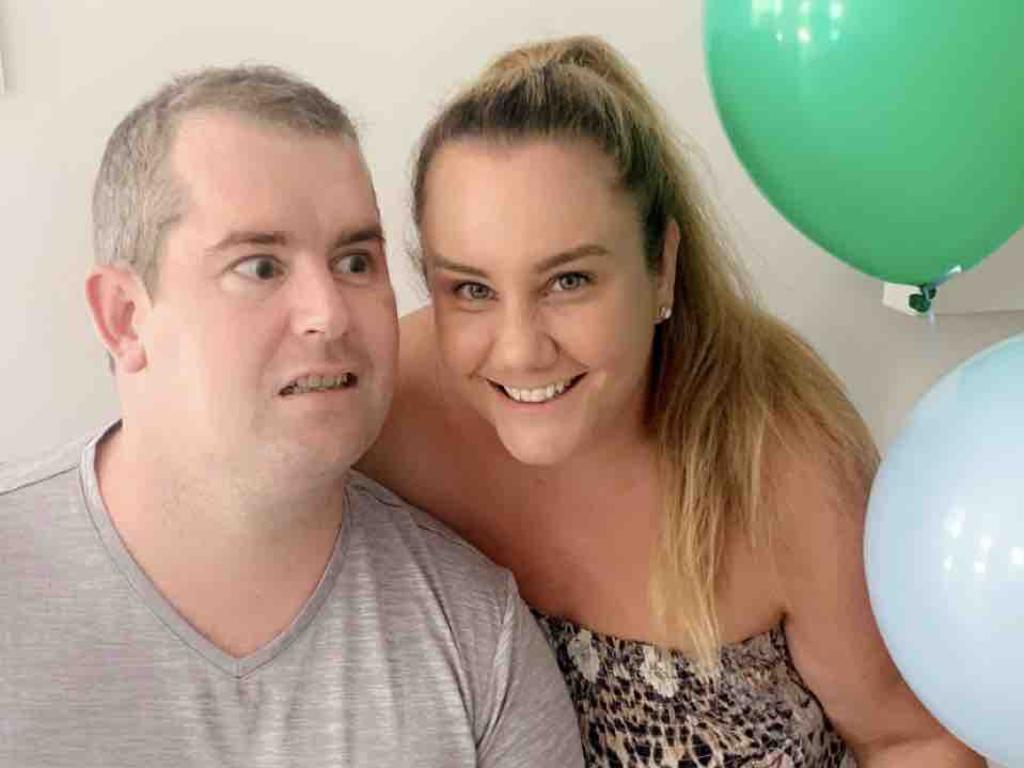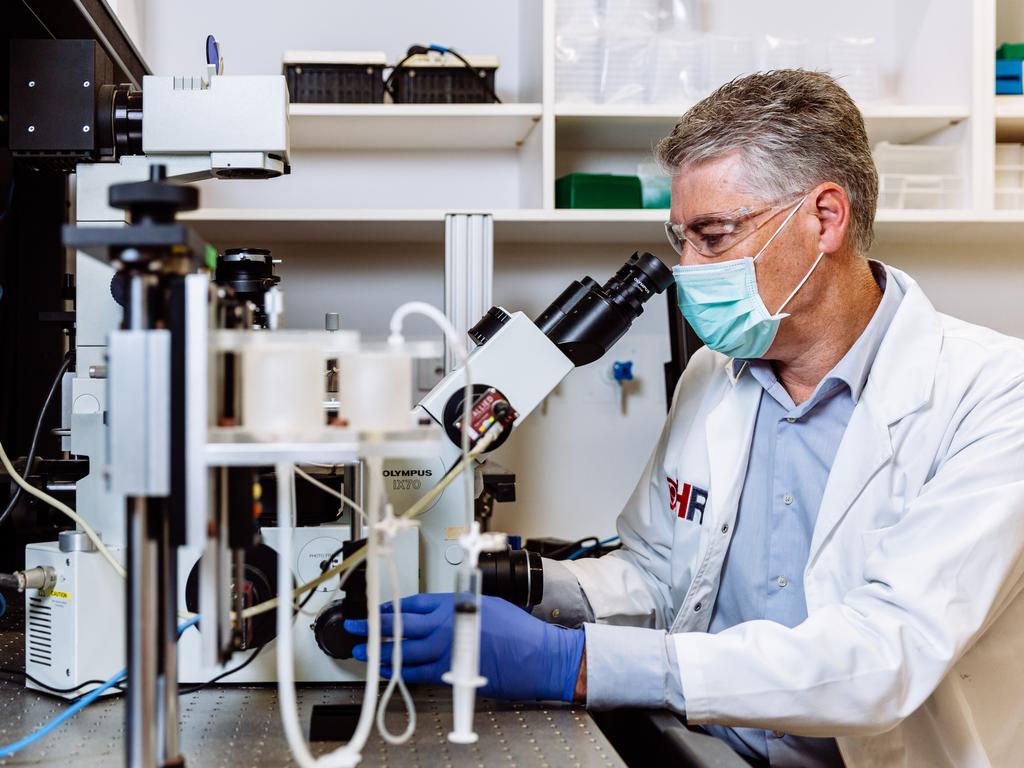All these others I'm sure your doctor is extremely familiar with.
snake venom (8 posts to May 2012)
vampire bat (2 posts to July 2013)
tick spit (1 post to October 2014)
Medical researchers on the cusp of a breakthrough treatment using common bush tick spit
Bush ticks understandably have a bad reputation but Australian researchers have discovered their saliva can be used to make potentially lifesaving drugs to treat a leading cause of death.
In a world-first, scientists at the Heart Research Institute and the University of Sydney found tick spit contained proteins that could be used to develop anti blood clotting drugs to treat strokes.
Their research could prove life changing for people like Shaun Bickley, a Brisbane father who is lucky to be alive and was left without his sight after suffering a stroke last year, aged 38.
He was one of about 50,000 Australians – and 16 million people worldwide – who suffer strokes annually, with about 85 per cent of strokes caused by a clot restricting blood flow to the brain.
Mr Bickley was admitted to Princess Alexandra Hospital on October 5 after fighting a raging headache the prior week.
“We had no idea the headache was being caused by numerous clots throughout his brain, neck and lung,” his wife Lauren said.
“The following day, after an MRI, we learnt that Shaun had suffered an embolic shower, a pulmonary embolism and that his two major arteries in his neck supplying blood to his brain were 100 per cent and 75 per cent blocked with clots.”

Within two weeks Mr Bickley had lost his sight and suffered full right side paralysis and aphasia, a language disorder caused by brain damage.
He suffered several more strokes that same day and his family was told to prepare for the worst.
Mr Bickley went on to do rehab but suffered another stroke at Christmas that led to a five-month hospital stay.
Doctors finally came to the conclusion Mr Bickley’s strokes were due to an auto-immune condition that triggered a clotting storm in his body.
He survived and regained the ability to walk and talk, but not to see.

His wife set up a fundraiser to help cover his therapy and rehabilitation costs, paying tribute to “the old Shaun”.
“I miss our old life, a life where you chased the kids and played until they would collapse,” she wrote on the GoFundMe page in May.
“A life where you would just stop and chat to strangers. You had the time of day for anyone … I’m grieving the old you. But you are still here.”
He and his family hope that research into anticoagulant medications could one day mean better outcomes for stroke victims, who are currently limited to just one drug therapy, which has limited success.

University of Sydney’s Richard Payne said ticks made important bioactive molecules that could potentially be used for the breakthrough medical treatment.
“We’ve been modifying the proteins found in the saliva of these ticks and we really wanted to know what these modifications were doing to the activity of the protein – that’s never been done before,” the professor said.
The research team has received a $750,000 federal government grant to continue their work.
If this phase of the project proves successful, the team will seek further funding to move to phase one trials in humans.

No comments:
Post a Comment